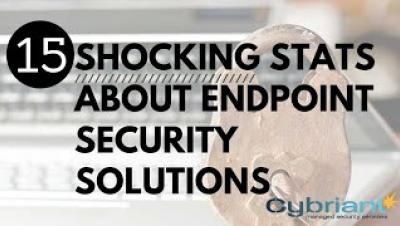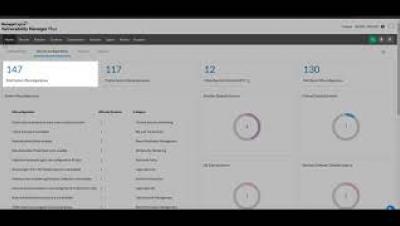Security | Threat Detection | Cyberattacks | DevSecOps | Compliance
%term
Deepfake Voice Technology Iterates on Old Phishing Strategies
As the world of AI and deepfake technology grows more complex, the risk that deepfakes pose to firms and individuals grows increasingly potent. This growing sophistication of the latest software and algorithms has allowed malicious hackers, scammers and cyber criminals who work tirelessly behind the scenes to stay one step ahead of the authorities, making the threat of attacks increasingly difficult to both prepare for and defend against.
How Cybersecurity Leaders Can Understand the Value of Their Organization's Security Solutions
Information Security leaders have to demonstrate the value and purpose for each solution that’s purchased and prove the solution that was chosen is doing the job it was procured to do. Executives are therefore requiring Information Security leaders to prove the value of the solutions in ways they understand. They need to see the value not in security metrics but in dollars and cents.
Mobile App Security & Penetration Testing Gets Easier
Build a resilient cybersecurity framework by transforming your IT team into a security team
More organizations than ever before have shifted to a hybrid work culture to reduce the impact of COVID-19. This unprecedented change has not only given rise to new security challenges, but has also considerably increased the surface area available for an attack. A blend of personal and corporate endpoints in use, geographical spread of resources, and a sharp spike in the overall number of security threats have further complicated the already labor-intensive security landscape.
Five worthy reads: Every month should be Cybersecurity Awareness Month!
Five worthy reads is a regular column on five noteworthy items we’ve discovered while researching trending and timeless topics. Organizations on a global scale observe Cybersecurity Awareness Month to educate and instruct their employees on cybersecurity best practices. This week we highlight some cybersecurity trends that are shaping the industry today.
Container Inspection: Walking The Security Tightrope For Cloud DevOps
GDPR Staff Awareness Training
When it comes to protecting your organization from IT security threats and cyberattacks, your staff are one of your biggest vulnerabilities. For data protection and data privacy compliance, it is no different. On May 25, 2018, the General Data Protection Regulation (GDPR) was passed by the European Union (EU). It imposes strict data protection obligations on any organization who target and/or collect data of EU citizens.










